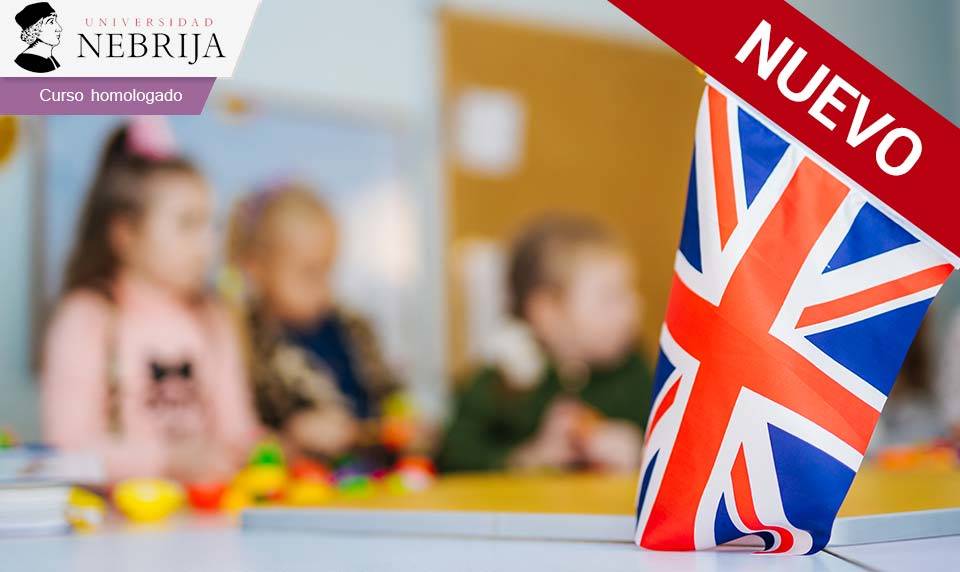

I still have a lot to do.Īún tengo mucho que hacer. even adverb yet still (Translation of an ms from the PASSWORD SpanishEnglish Dictionary 2014 K Dictionaries Ltd) Examples of an ms an ms Espero que a raz de esta crisis, la tendencia a reducir el presupuesto no aumente an ms, porque entonces estaremos todava ms dbiles e indefensos. The train’s not here yet.Įl tren todavía no está aquí. The train’s here already.Įl tren no está aquí aún. I used to dance, but not anymore.Īún más… - Furthermore Many translated example sentences containing 'conlleva aun más' English-Spanish dictionary and search engine for English translations. ¿Lo has recibido ya? - Have you gotten it already? ¿Ya lo has recibido? - Did you get it yet? ¿No lo has recibido todavía? / ¿Todavía no lo has recibido? - You still haven’t gotten it? ¿No lo has recibido aún? / ❺ún no lo has recibido? - You haven’t gotten it yet? It DOES NOT mean “not yet” that’s what aún/todavía no are used for Ya may also be used to imply frustration, impatience or exclamatory tones.Ya may also be used as Spanish’s “yup” or “yeah” or “okay”.

Ya as an interjection is kind of like “you’re there, you’re there” which is more something you hear when you’re moving things or you’re backing up and someone tells you “right there”.Ya means “yet” when it’s a question and it’s positive. 2 aun así: aun así, no creo que fuera even so, I dont think Id go. aun los ricos sufrirán la crisis frm even the rich will suffer the effects of the crisis. aun siendo tan joven es muy responsable even though hes so young hes very responsible. Meanwhile, todavía means “still” which is better in the present or present perfect tenses because it carries the idea of “continuing into the present”. yo pagaría mil y aun dos mil Id pay a thousand, even two thousand. Where they’re less interchangeable is that aún has a very “final” tone that makes it better for the preterite or past perfect tenses. The real difference is that a ún means “yet” and todavía means “still”… which makes aún have a more formal and sometimes more antiquated tone. The worlds most trusted Unabridged Spanish. There are few situations where they aren’t interchangeable. Sopanish DictTranslate anything between Spanish and English, look up the conjugations for every Spanish verb. Look up in Linguee Suggest as a translation of 'aún más lejos' Copy DeepL Translator Dictionary. We'll do the exercise, correct it, and then we'll be done.Aún and todavía are more or less synonymous. Many translated example sentences containing 'aún más lejos' English-Spanish dictionary and search engine for English translations. Hacemos el ejercicio, lo corregimos, y ya. aun mas importante.' The alteration of the topic-comment sequence to produce emphasis is more common in argumentative Spanish texts than in English. now you don't like it, in the future you will - change

(literally) You will see how you like it. This idea will also help you navigate the situations where ya doesn't translate neatly to one word in English - it can be used just as a marker to indicate that something has changed: Many translated example sentences containing 'fortalece aún más' English-Spanish dictionary and search engine for English translations. Has he done it yet? - Ya lo ha hecho? change: not done it → done it In some circumstances, the same word is used for both situations in English, and you need to ask yourself, Has something changed ( ya) or has something not changed ( todavía)? The trouble is that it's not always a nice 1-1 map of words. Sometimes todavía and ya map neatly onto still/yet and already respectively:Īre you still here? - Todavía estás aquí? Mi padre tiene mucho acento andaluz y mi madre an ms.My father has a very strong Andalusian accent, and my mother.

Ya = something changed Todavía = aún = something stayed the same Los dos te quedan muy bien, pero el short vaquero me gusta an ms que el blanco.They both really suit you, but I like the denim shorts even more than the white ones.


 0 kommentar(er)
0 kommentar(er)
